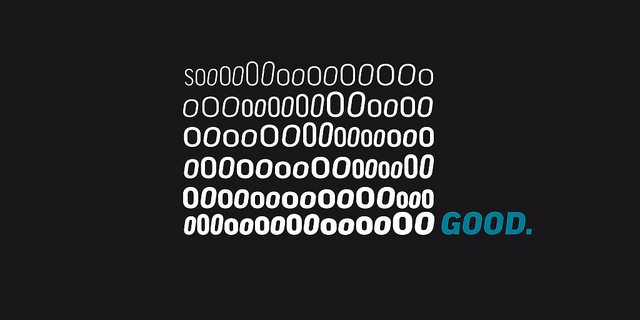The homelessness situation in Chicago is the worst.
Well, you may ask, what does that mean? It does not mean anything because of two serious, fairly common mistakes. They both have to do with the use of the word worst. Worst is the superlative form of bad or troublesome or some other adjective that refers to a negative situation or condition. In order to understand what is wrong with the use of worst in that sentence, and before it can be corrected, you must first understand how and when to use comparatives and superlatives.
Adjectives and adverbs can be used to convey three levels of influence. Let’s discuss adjectives first. When you are describing a person, place, thing, or idea, you should use the regular form of an adjective, such as happy, angry, or hungry. Look at the following examples:
The boy is smart.
Florence seems to be angry.
If you want to move the expression up a notch in terms of intensity, you would use the comparative form of the adjective, as in the following:
The boy is smarter than his brother.
Florence seems to be angrier than she was before.
In both cases, the comparative form has to be weighed against someone or something. It would not be correct or meaningful to write The boy is smarter or Florence seems to be angrier.
Now, if you wanted to express the fact that the boy’s intelligence or that Florence’s anger is beyond comparison to that of everyone else’s, you would use the superlative form:
The boy is the smartest in his class.
Florence seems to be the angriest that I have ever known her to be.
When you are using a superlative, it must be compared to others—not to one other, but to at least two others or to more than one situation. Since the boy’s intelligence is being compared to that of the other children in his class, it is assumed that there are at least two other children. That is why smartest is used. Florence’s anger is being compared to more than one other instance of anger. That is why angriest is used.
The father of two children, for instance, should not say or write, She’s my oldest daughter. That implies that he has at least three children. He should say, instead, She’s my older daughter. In that case, the comparative form of the adjective old is being used in reference to his two daughters.
Comparatives and superlatives are used with adverbs also, as in the following examples:
The little boy ran quickly. (Positive form)
The little boy ran more quickly than his friend. (Comparative form)
The little boy ran the most quickly out of all of his friends. (Superlative form)
Again, the comparative form must be used in relation to one other person or instance of something, and the superlative form must be used against two or more persons or instances.
Now, let us return to the original sentence:
The homelessness situation in Chicago is the worst. It would be correctly written in either of the following ways:
The homelessness situation in Chicago is worse than it was last year. That is a correct use of the comparative form.
Or
The homelessness situation in Chicago is the worst that it has ever been. That is a correct use of the superlative form.
To sum up, something can be good; one thing can be better than another; one thing can be the best out of three or more things.
